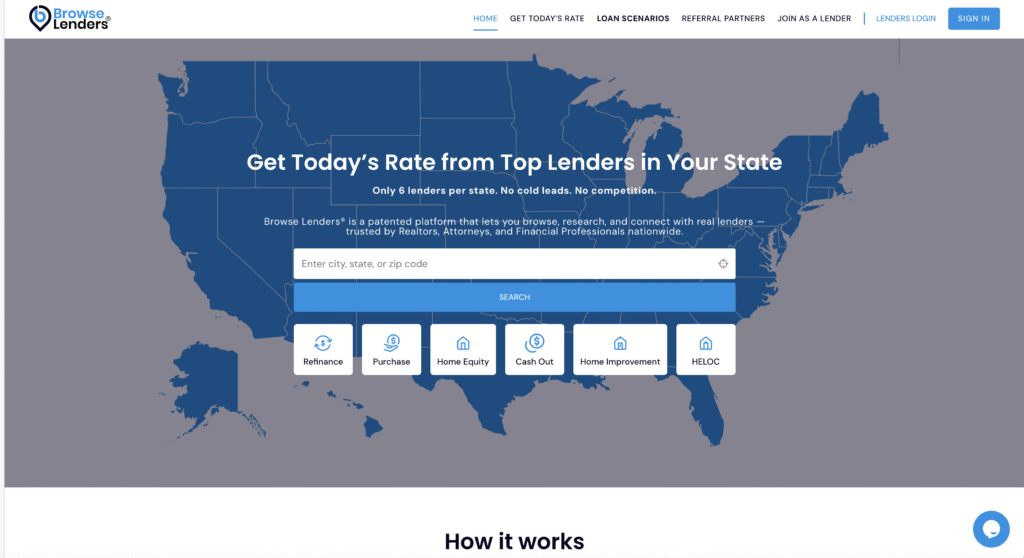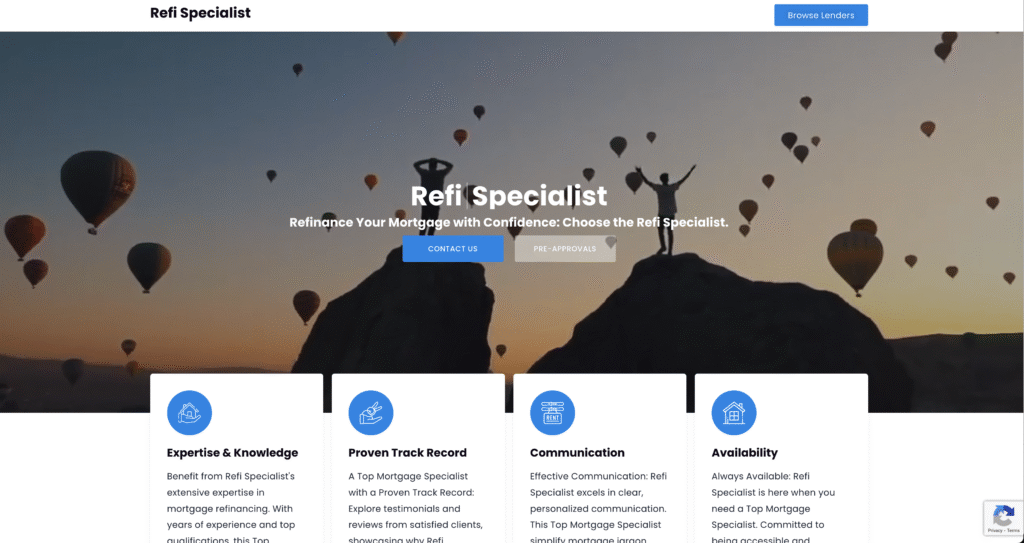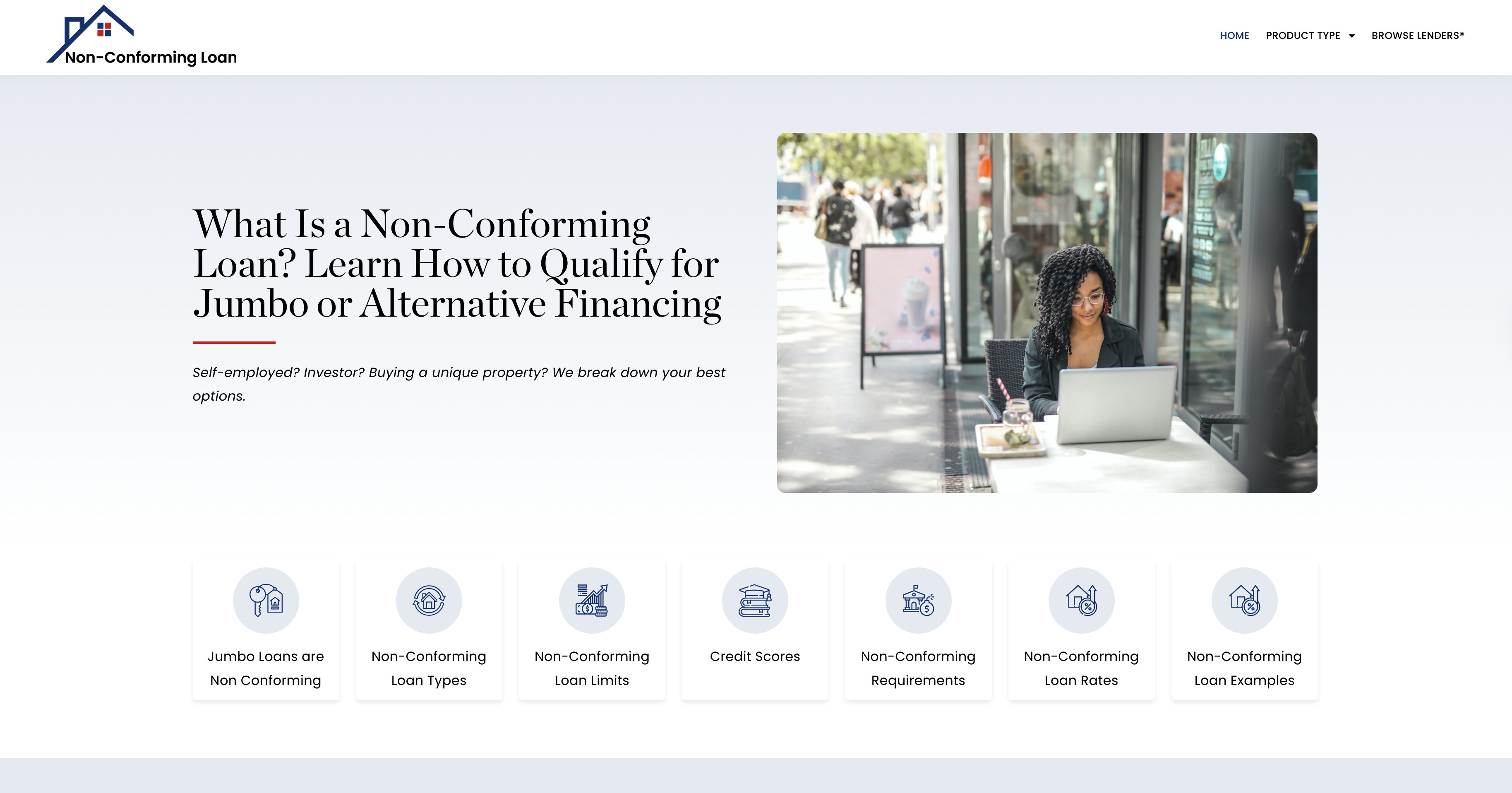Guide: Credit Counseling vs. Debt Settlement- What’s Right for You?
When debt becomes unmanageable, and monthly payments are more than your income can handle, many consumers look for outside help—but knowing which type of help to choose is critical. Two common options are credit counseling and debt settlement, and while they may sound similar, the experiences and consequences are vastly different—especially when it comes to your Middle Credit Score®. Making the wrong decision can lead to added stress, unnecessary fees, and long-term damage to your credit profile. This guide breaks down both paths, highlights the pros and cons, and helps you choose the right approach based on your financial goals and current debt situation.
Credit counseling is typically offered through nonprofit organizations. You meet with a certified financial counselor who reviews your income, expenses, and debt, then helps you create a personalized plan. If needed, they may recommend a Debt Management Plan (DMP), which consolidates your debts into a single monthly payment and involves negotiating lower interest rates with creditors. This is a repayment strategy—you’ll still pay back your full balance, but often with better terms. Credit counseling is educational, supportive, and less damaging to your credit score than many other options, making it ideal for people who want to regain control and maintain financial dignity.
Debt settlement, on the other hand, is a more aggressive and often riskier strategy. Settlement firms negotiate with your creditors to reduce the total amount you owe, typically requiring a lump-sum payoff after you’ve fallen behind on payments. This strategy is often pitched to consumers in financial crisis, and while it can significantly reduce the total debt burden, it comes at a steep cost to your credit report and score. Accounts are marked as “settled for less than owed,” late payments accumulate during the negotiation phase, and you may face tax consequences on the forgiven amount. It may be the last resort for some—but it’s not a path to take lightly.
The confusion between the two often comes from marketing. Some for-profit debt settlement companies advertise like credit counseling services, but their business model is very different. They may charge high upfront fees, encourage clients to stop paying their creditors (causing even more damage), and lack transparency about timelines or success rates. Credit counseling, by contrast, is rooted in financial education and repayment integrity—helping you fix the root of the problem, not just the symptom. This guide will help you cut through the noise, assess the legitimacy of the help being offered, and identify warning signs of predatory settlement offers that may sound appealing but leave you worse off.
By the end of this guide, you’ll be equipped to decide whether credit counseling or debt settlement aligns with your values, credit goals, and financial timeline. We’ll also walk you through hybrid solutions, like negotiating directly with creditors or seeking hardship programs before committing to any outside service. You’ll learn how each option affects your Middle Credit Score®, how lenders view these strategies during future loan applications, and how to rebuild after either route. If you’re in debt and unsure what to do next, this post will be your roadmap to an informed, empowered decision—one that protects your credit health and puts you back in control of your financial future.
Part 2: Tactical Breakdown (Approx. 2,400 words)
🧭 Step 1: Understand the Core Differences Between the Two
Let’s start by clearly distinguishing between credit counseling and debt settlement:
| Category | Credit Counseling | Debt Settlement |
|---|---|---|
| Type | Nonprofit financial education & assistance | For-profit negotiation for reduced payoff |
| Debt Repayment | Full balance repaid (via Debt Management Plan) | Settled for less than the full balance |
| Impact on Credit Score | Minor, temporary dip; recovers with on-time pay | Major initial drop; may take years to recover |
| Involves Collections | Typically not | Often required to be 90–180+ days past due |
| Legal Risks | None | Possible lawsuits from creditors |
| Tax Consequences | None | Forgiven amount may be taxable |
| Lender Relations | Maintained, not adversarial | Often strained; future approvals may be limited |
📌 Credit counseling is a supportive, structured approach; debt settlement is more aggressive and damaging short term.
💡 Step 2: When Credit Counseling Is the Right Choice
Credit counseling is best if:
✅ You’re struggling to juggle multiple monthly payments
✅ You want to preserve your Middle Credit Score®
✅ You’re falling behind, but haven’t defaulted yet
✅ You have mostly unsecured debt (like credit cards)
✅ You value guidance and support more than negotiation
How it works:
- You meet with a certified counselor for a full financial review
- They help you build a budget, educate you, and explore options
- If needed, they may recommend a Debt Management Plan (DMP)
- You make one monthly payment to the agency, and they pay your creditors
In a DMP, your interest rates often drop to 6–9%, and you repay your debts in 3–5 years.
📌 Your debts are paid in full, not settled, so your credit profile stays intact over time.
🚨 Step 3: When Debt Settlement Is the Last Resort
Debt settlement may be necessary when:
✅ You’re severely behind (90+ days delinquent)
✅ You’re facing collection calls or lawsuits
✅ Bankruptcy is the only other viable option
✅ You cannot afford to repay the full balances
✅ Your credit score is already in the 500s or lower
How it works:
- A settlement company (or you directly) negotiates with creditors
- They typically advise you to stop making payments, causing delinquencies
- You save up a lump sum or monthly amount into an escrow account
- Creditors accept 30–60% of the balance (on average) and forgive the rest
But that forgiven amount is often reported as “settled for less than owed”—a serious negative mark on your credit.
📌 Debt settlement can delay recovery by 12–24+ months due to the reporting and credit damage.
📉 Step 4: Understand Credit Score Impact—Side by Side
| Credit Action | Short-Term Score Impact | Long-Term Score Impact |
|---|---|---|
| Enrolling in DMP | –10 to –30 pts | +50 to +100 pts (12 mo) |
| Completing DMP | +70 to +100 pts | Sustained improvement |
| Enrolling in settlement | –50 to –150 pts | Flat or slow recovery |
| Settling multiple accounts | –100 to –200 pts | Lingers for 7 years |
If preserving or rebuilding your Middle Credit Score® is your priority, credit counseling is the safer route.
💳 Step 5: Choose Based on Debt Type and Income
Use this matrix to help make the decision:
| Situation | Best Option |
|---|---|
| Income is stable, but you’re overwhelmed by minimums | Credit Counseling |
| Credit score is high, but interest rates are crushing | Credit Counseling/DMP |
| You’ve stopped paying and debt is in collections | Debt Settlement |
| You’ve received a legal summons over unpaid debt | Debt Settlement or Bankruptcy |
| You need a structured path to debt freedom | Credit Counseling |
| You need to avoid bankruptcy at all costs | Debt Settlement (cautiously) |
📄 Step 6: What to Expect From Each Process
If You Choose Credit Counseling:
- Free consultation with a certified counselor
- Full budget review and credit report analysis
- Possible enrollment in a DMP
- You pay one fixed monthly amount for all debts
- Most interest rates drop; accounts are closed
- On-time payments are reported, score improves
✅ Pros: Reputable, supportive, recovery-focused
❌ Cons: Requires discipline, no new credit while in DMP
If You Choose Debt Settlement:
- You fall behind or stop paying
- Collection calls, late fees, and penalties accumulate
- A lump sum is negotiated and paid
- Debt is marked as “settled,” not paid in full
- Score drops sharply but begins to recover over time
✅ Pros: Can reduce total debt burden
❌ Cons: Major score damage, tax bill risk, potential lawsuits
⚠️ Step 7: Watch Out for Red Flags and Scams
Debt Settlement Red Flags:
🚫 Demands upfront fees (illegal under FTC rules)
🚫 Pressures you to stop all payments immediately
🚫 Makes unrealistic promises like “guaranteed 50% reduction”
🚫 Doesn’t disclose the impact on credit or taxes
🚫 No mention of your right to settle directly
Credit Counseling Red Flags:
🚫 Claims “government program” affiliation
🚫 Doesn’t disclose nonprofit status or licensing
🚫 Hides setup or monthly fees
🚫 Doesn’t provide a written budget plan
📌 Verify any service provider with the Better Business Bureau, the NFCC (for counselors), or the CFPB complaint database.
🧾 Step 8: What Happens After You Complete Each Program
| Program Completed | Outcome |
|---|---|
| Credit Counseling | Debts fully repaid, score improved, new credit opportunities available |
| Debt Settlement | Debts resolved, credit report still shows negative marks |
| Both Options | Create space to save, rebuild, and restore your credit |
After completion:
- Revisit your Middle Credit Score® quarterly
- Start using secured credit cards or credit builder loans
- Maintain low utilization and 100% payment history
- Focus on long-term financial planning and emergency savings
🛠 Step 9: Tools to Help You Compare and Recover
- MiddleCreditScore.com Score Tracker – See how each choice affects your credit
- Debt Payoff Planner – Compare settlement vs. DMP costs
- NFCC.org – Find certified credit counselors
- IRS Insolvency Worksheet – Check if your forgiven debt is taxable
- Undebt.it – Rebuild with targeted repayment plans post-settlement
✅ Final Summary: Choose the Strategy That Preserves Your Future
Credit Counseling:
✔ Full balance repaid
✔ Score-friendly
✔ Structured, educational
✔ Nonprofit guidance
Debt Settlement:
✔ Debt reduced (sometimes significantly)
✔ Potential tax bill
✔ Severe credit damage
✔ Higher legal risk
💡 Use debt settlement only when repayment is truly unaffordable—and avoid it if you’re eligible for a structured, credit-safe DMP instead.
Middle Credit Score® Support Center
Browse Lenders® – Speak with a Lending Expert






